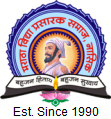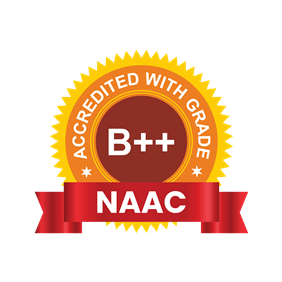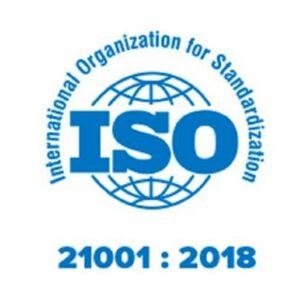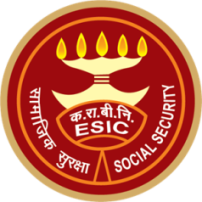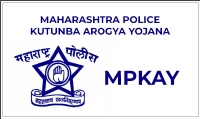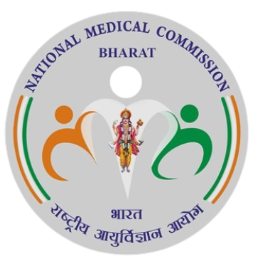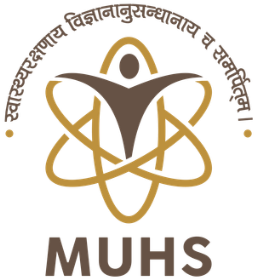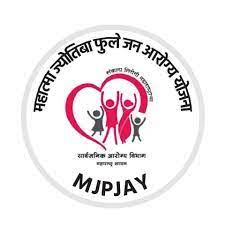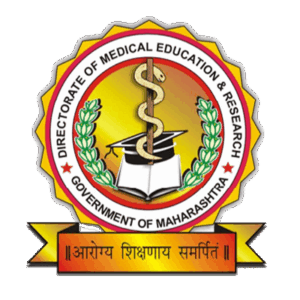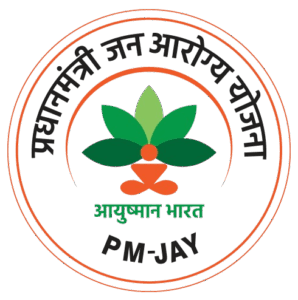1 Title of the Practice
Causality posting for II MBBS Students
2. Objectives of the Practice
- To know the status of awareness regarding Medico-legal case management.
- To know the various medico-legal procedures begin followed in institute.
- To know a Medico-legal register maintained in the causality
- To know about status of various documentation concerning medico-legal case management.
- To find out commonly encountered problems or specific problem by the doctors during medico-legal management.
- To assess medico-legal knowledge and awareness in undergraduate students
3. The Context
The following are some of the examples of MLCs and Students should use their professional judgement to decide any other cases not enumerated in the list:
1. Accidents like Road Traffic Accidents (RTA), industrial accidents etc.
2. Cases of trauma with suspicion of foul play
3. Electrical injuries
4. Poisoning, Alcohol Intoxication
- In emergencies, resuscitation and stabilization of the patient will be carried out first and medico legal formalities may be completed subsequently. The consent for treatment is implied in all emergencies, will be carried out first and medico legal formalities may be completed subsequently. The consent for treatment is implied in all emergencies.
- The police should be informed. Under Section 39 of Criminal Procedure. Code, the attending MO is legally bound to inform the police about the arrival of a MLC.
- Any failure to report the occurrence of a MLC may invite Prosecution under Sections 176 and / or 202 of I.P.C.
- The verbal communication should invariably be followed by communication in writing subsequently.
- In case of discharge / transfer / death of such a case in the hospital the police should informed.
- Medico legal documents should be considered as confidential records should be stored under safe custody to avoid tampering.
- Medical records must be thorough, complete and should document each and every significant event in the course of care of the patient.
- All the documents including case sheets, X-rays and investigation reports will be preserved meticulously in the medical record section indefinitely and handed over to the concerned Authorities (Police Investigating Officer / Court / Court of Inquiry) as and when required.
- Samples and specimens collected for medico legal purposes will be properly sealed, labelled and handed over to the investigating officer detailed by the police.
4. The Practice
- No greater opportunity, no greater responsibility, no greater obligation can be fail to any other human being than to become a medical professional.
- In the care of suffering the medical professionals are need scientific knowledge, technical skill, moral understanding of profession and awareness about the relevant laws of the land
- . In cases where the patient wishes to make a dying Declaration, the magistrate will be intimated. If the Magistrate is unable to come and record a statement or where the MO feels that he might not be able to reach the patient in time, the MO may record the dying declaration himself in presence of two independent witnesses whose signatures are also affixed in the document. The MO will certify the soundness of mind of the person making the dying declaration.
- In cases of suspected poisoning the following articles will be preserved and ensured that they are forwarded for forensic examination:
- Gastric lavage / gastric contents / vomitus and soiled clothing
- Blood, urine and any other relevant body fluid depending on the poison ingested
- In cases of Burns and Carbon Monoxide poisoning the following articles should be preserved in sealed envelopes:
- Articles soiled with inflammable substances like burnt pieces of clothing, scalp hair etc.
- Blood (and not serum) for carbon-monoxide levels.
- In Sexual offences, the following articles should be preserved in sealed envelopes:
- Clothing worn by the patient and showing evidence of blood stains or seminal stains, stains of mud, tears/cuts etc.
- Vaginal swab preferably from posterior fornix / anal swab.
- Deaths, which require medico legal investigation, may be divided into
Three main groups: –
- Deaths either known or suspected to have been caused by unnatural causes.
- Sudden death cause unknown.
- Found dead – Unattended death.
- Any death known or suspected to have occurred during or as a result of any criminal act.
- Disease or agent, which constitutes a public health hazard or environment hazard.
- Death associated with diagnostic or therapeutic procedures including intra operative and perioperative death.
5 Evidence of Success
- Awareness status regarding different Medico-legal case management like medico-legal cases during causality posting for IIMBBS Students
- Promptness in examination of victim of sexual assaults
- Death certificate in MLC
- Evidence preservation in MLC.
- Medico-legal severity of injury
- Criminal abortion cases
- Awareness of Law related to medical practices
- Real causes of Negligence complaints.
- Awareness regarding the provisions of PCPNDT Act
- Importance of good Medical record and right of the patients
- In the causality, while attending to an emergency, the doctor should understand that his first priority is to save the life of the patient, he/ she should do everything possible to resuscitate the patient and ensure that his is out of danger.
- All legal formalities stand suspended till this is achieved. This has been clearly exemplified by the Hon’ble Supreme court of India in “Parmananda katara Vs. Union of India”.
6. Problems Encountered and Resources Required
- Medico- legal cases are an integral part of Medical practice and medical students that is frequently encountered by all
- In India the real enemy of informed consent is insufficient resources and inadequate manpower to allow enough available time for the detailed communication to occur. It should be remembered that an informed consent is a patient’s right and a physician’s duty.
- In case of discharge/ transfer/ death of such a case in hospital, the police should be informed. That is not found in hospital register.
- Complete history of the patient should be noted down along with two identification mark.
- No cause of death will be mentioned in the death certificate; the statement the exact causes are to be ascertained by postmortem examination is to be endorsed.
- Medical treatment of poisoning cases, senior colleagues will be consulted.
- Medical certificate and causes of death will be issued with mention that Cause of death to be ascertained after chemical analysis.

